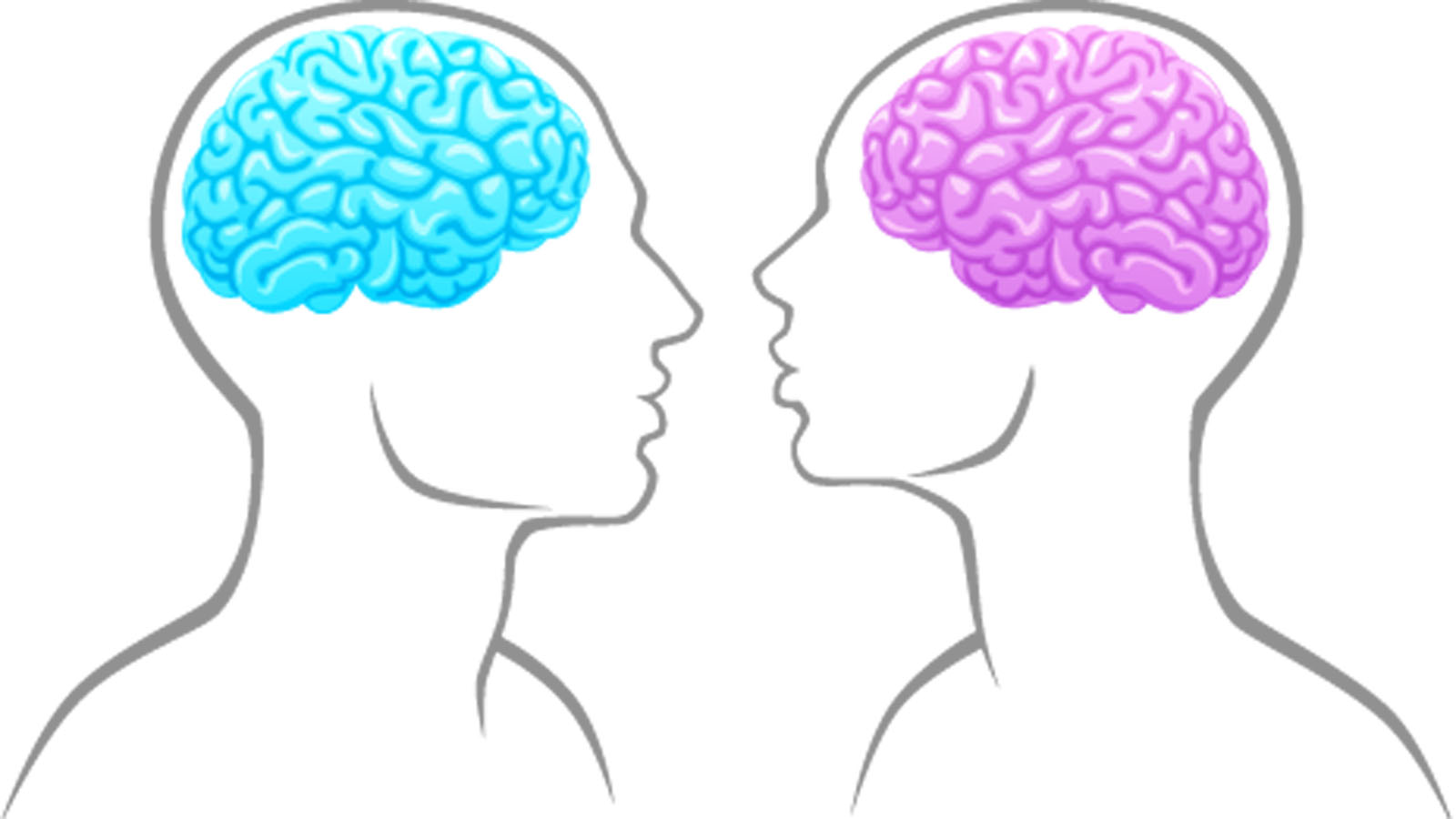Weizmann Institute scientists have announced a new study showing that a network of brain cells operates differently in male and female mice, thus causing acts of hostility and nurturing accordingly. The researchers showed how to manipulate the brain to control maternal behavior in female mice and reduce aggression in male mice.
In new research published in Nature, Dr. Tali Kimchi and her graduate student Niv Scott, in collaboration with Dr. Ofer Yizhar and Dr. Matthias Prigge, a postdoctoral fellow in his lab, all of the Weizmann Institute’s Neurobiology Department, offer new insight into the issue of why female mammals who give birth innately care for their offspring, while the males often breed with multiple partners and play little role in parenting once the mating is over.
To investigate how the brain manages parental behavior, the researchers zeroed in on a small structure in part of the brain known as the hypothalamus, called the anteroventral preventricular nucleus, or AVPV, which is larger in female mice than in males. The team was particularly interested in certain neurons that express a protein known as tyrosine hydroxylase, or TH, which is required for the production of dopamine – a chemical messenger in the brain.
They observed that specific TH-containing neurons are more numerous in mothers than in either virgin females or any males. This hinted that these neurons, even though they are shared by both sexes, could drive parental care in females while serving a different function in males.
Using advance genetic and neuro-biochemical tools, the team first increased and then decreased the amount of TH in both adult male and female mice – just in neurons of this particular brain region.
The scientists recorded how these changes affected the parenting styles of the mice.
The researchers found they were able to trigger maternal actions in female mice – both virgins and mothers – by elevating the TH levels in these neurons. Decreasing the number of TH-containing neurons in females lowered their levels of oxytocin – a hormone associated, among other things, with lactation and female reproductive behavior in general– and severely impaired their maternal instincts.
When the scientists used optogenetics to activate TH-containing neurons in male mice, there was no effect on oxytocin levels or pup-caring. However, there was a significant drop in aggressive behaviors toward unfamiliar pups and adult males, both of which they would normally have attacked. Decreasing the number of TH-containing neurons, on the other hand, led to a profound increase in the males’ aggression toward both.
“By controlling the amount and activities of these unique neurons, we were able to manipulate the maternal behavior of the females and the aggression of the males,” says Kimchi. “Our results hint that maternal behavior arises from neuronal networks that are largely hard-wired. These are different from those of males, and they are at least partly regulated by the hormone oxytocin.”
The researchers said the findings could provide insight into the ways that male and female brains function when it comes to such conventional gender-related activities as tending to infants, and other innate reproductive and social behaviors. Kimchi hopes that this discovery may ultimately advance our understanding of the biological factors that contribute to mental disorders, which have a social aspect, as well as gender differences. These include postpartum depression, aggression and autism spectrum disorders.
















